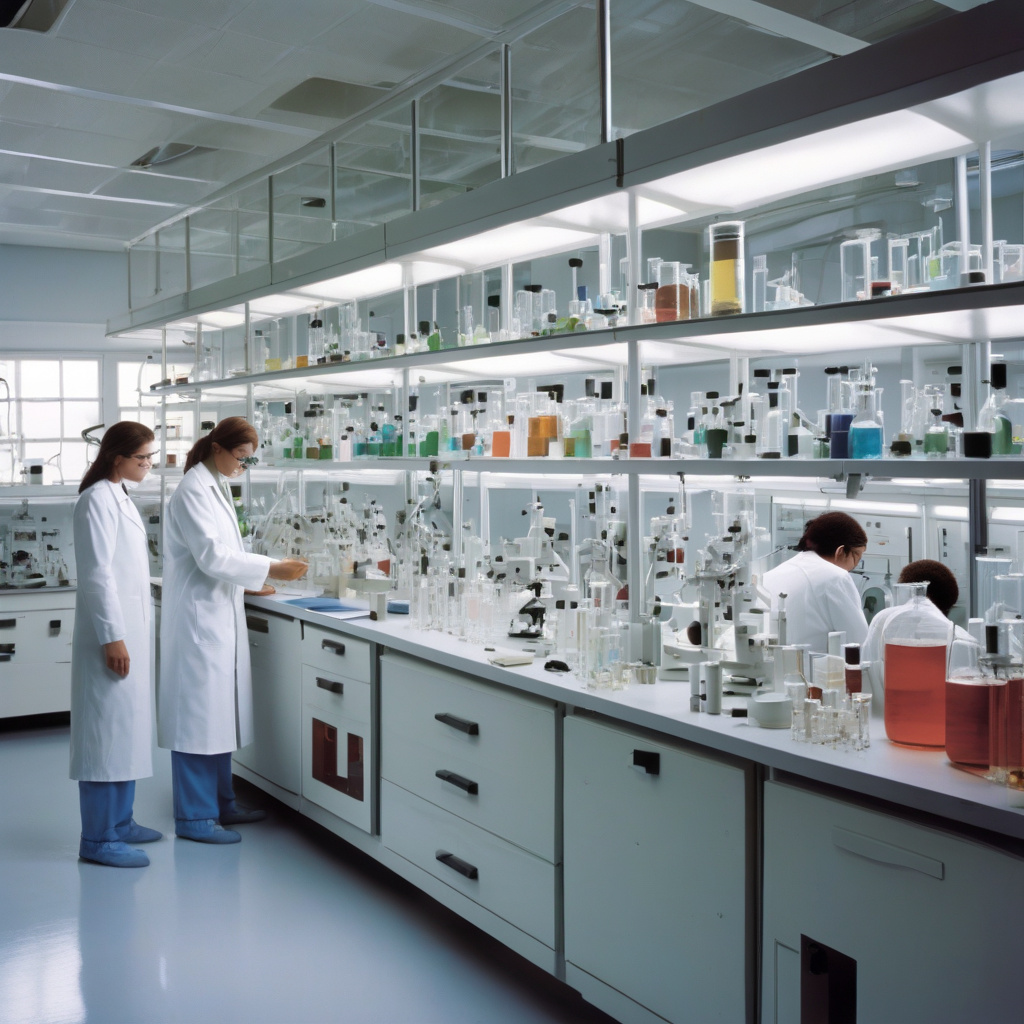Unlocking the Potential: Scientists Discover New Marine Bacteria Producing Large Quantities of Hydrogen
A new genomic study has uncovered previously unknown gene clusters in hydrogen-producing bacteria. This discovery has sparked excitement among scientists and researchers worldwide as it unveils the potential for a groundbreaking shift in renewable energy production. The marine bacteria, identified as prolific hydrogen producers, have opened doors to a more sustainable future.
Hydrogen, known for its clean and efficient energy properties, has long been hailed as a promising alternative to fossil fuels. However, the challenge has always been finding cost-effective and environmentally friendly ways to produce it in large quantities. The emergence of these new marine bacteria could be the game-changer the renewable energy sector has been waiting for.
By harnessing the natural capabilities of these bacteria to produce hydrogen, scientists are exploring innovative ways to upscale production. The gene clusters identified in the genomic study provide valuable insights into the metabolic processes of these bacteria, offering a blueprint for optimizing hydrogen production on a larger scale.
One of the key advantages of using marine bacteria for hydrogen production lies in their efficiency and sustainability. Unlike traditional methods that rely on fossil fuels and can result in harmful byproducts, these bacteria offer a cleaner and greener alternative. By leveraging the natural abilities of these organisms, researchers aim to develop bioenergy solutions that are both eco-friendly and economically viable.
Moreover, the discovery of these hydrogen-producing bacteria highlights the untapped potential of marine microorganisms in driving scientific advancements. As our understanding of the microbial world deepens, we are continually uncovering new possibilities for innovation and discovery. From biotechnology to environmental conservation, marine bacteria hold the key to a wide range of applications with far-reaching implications.
In addition to their energy-producing capabilities, these bacteria could also play a crucial role in bioremediation efforts. By utilizing their unique metabolic pathways, scientists can explore ways to clean up environmental pollutants and promote ecosystem health. This dual benefit underscores the versatility and value of marine bacteria in addressing pressing global challenges.
As research in this field progresses, collaborations between scientists, industry partners, and policymakers will be essential to realize the full potential of these marine bacteria. By fostering a multidisciplinary approach that combines expertise from various sectors, we can accelerate the development and deployment of sustainable bioenergy solutions.
The discovery of new marine bacteria capable of producing large quantities of hydrogen marks a significant milestone in the journey towards a cleaner, greener future. With further research and innovation, these organisms have the potential to revolutionize the renewable energy landscape and pave the way for a more sustainable world.
In conclusion, the newfound ability of marine bacteria to produce hydrogen in significant amounts offers a glimpse into the immense possibilities that lie within the natural world. By tapping into the power of these microorganisms, we can unlock a renewable energy source that is not only efficient but also environmentally friendly. The future of hydrogen production looks brighter than ever, thanks to the remarkable capabilities of these marine bacteria.
hydrogen production, marine bacteria, renewable energy, sustainability, genomic study












